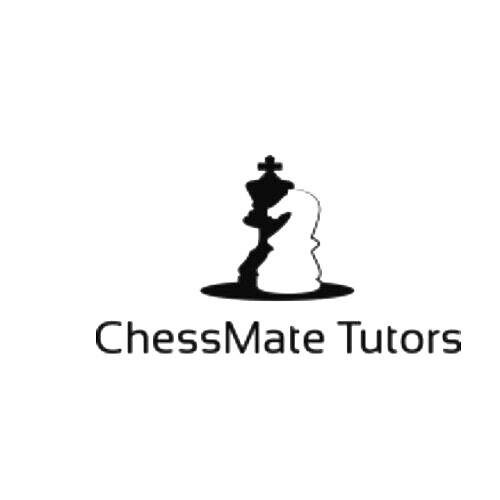Does Chess Make You Smarter?
Does Chess Make You Smarter?
Chess players tend to score higher on intelligence tests than do nonplayers. The question is: Why?
PIKE/VALLEY MORNING STAR/ASSOCIATED PRESS
By CHRISTOPHER CHABRIS
It’s a popular notion that learning chess can make you smarter. Chess clubs and federations around the world promote the game for inclusion in school curricula, especially at the elementary level. In Armenia, every second-, third- and fourth-grader takes a chess class. American “tiger parents” often see chess lessons in the same light as music and computer classes—a way to give their children a leg up in the quest for better grades and admission to an elite college.
The game of kings has long been associated with intelligence, and chess grandmasters are capable of astounding mental feats. Magnus Carlsen, who is currently defending his title as world champion in New York against Sergey Karjakin, reportedly had a prodigious memory as a child. In a recent exhibition match in New Jersey, he played 11 opponents at once and beat every one of them in less than 20 minutes.
So are chess players smarter? Several research teams have tried to find out by administering various cognitive tests. Reviewing these studies in the journal Current Directions in Psychological Science in 2011, the psychologists Guillermo Campitelli and Fernand Gobet concluded that tournament chess players score higher on tests of intelligence than do comparable nonplayers.
In a paper this year in the journal Intelligence, the psychologists Alexander Burgoyne and David Hambrick analyzed the results of 19 studies, involving a total of nearly 1,800 chess players, that correlated IQ scores with skill ratings. They found that stronger chess players tend to score higher than weaker ones, and that this was especially true of newer players and younger players.
These results don’t necessarily mean that chess makes anyone smarter. It could also be that chess, with its reputation as a difficult mental challenge, attracts more intelligent people—and that the smartest players tend to improve their games the most.
To test the independent effect of playing chess, the Educational Endowment Foundation in the United Kingdom sponsored an experiment last year in which fifth-grade classrooms in 100 schools were randomly chosen either to incorporate chess lessons into their regular schedule or to continue instruction as usual.
The students weren’t given IQ tests at the end of the year, but their performance in math, science and reading was evaluated. Those who had studied chess did no better than those who had not. A similar but slightly less rigorous 2011 study in Italy found, however, that adding chess instruction to third-grade classrooms improved the performance of students on math tests.
As the academic refrain goes, more research on this subject is needed. But whether or not learning chess causes higher IQs and better math scores, children—and grown-ups—can still gain a lot from learning the game. As the Israeli grandmaster Boris Gelfand said earlier this year in an interview translated at the website chess24.com, chess can help kids to “acquire the skill of strategic planning and the habit of thinking, taking responsibility for your actions and respecting your opponent.”
Bruce Pandolfini, a veteran chess teacher and author, thinks that playing chess fosters a long list of useful mental habits, such as drawing analogies and looking for patterns. Players, he says, become “more philosophical in their approach to problems and life’s travails.” They also learn that regardless of their own feelings or desires, there is an objective reality to the game—and they learn the importance of seeing that reality from their opponent’s point of view, not just their own.
Perhaps most important, chess encourages players to take a more intellectual approach to life. The game has centuries of history behind it, involves an intricate logical structure and just happens to be fun and absorbing to play. Children who take up chess may get a head start on developing a love for immersion and learning that will pay dividends in other ways—even if they never manage to match the astonishing feats of Mr. Carlsen.
